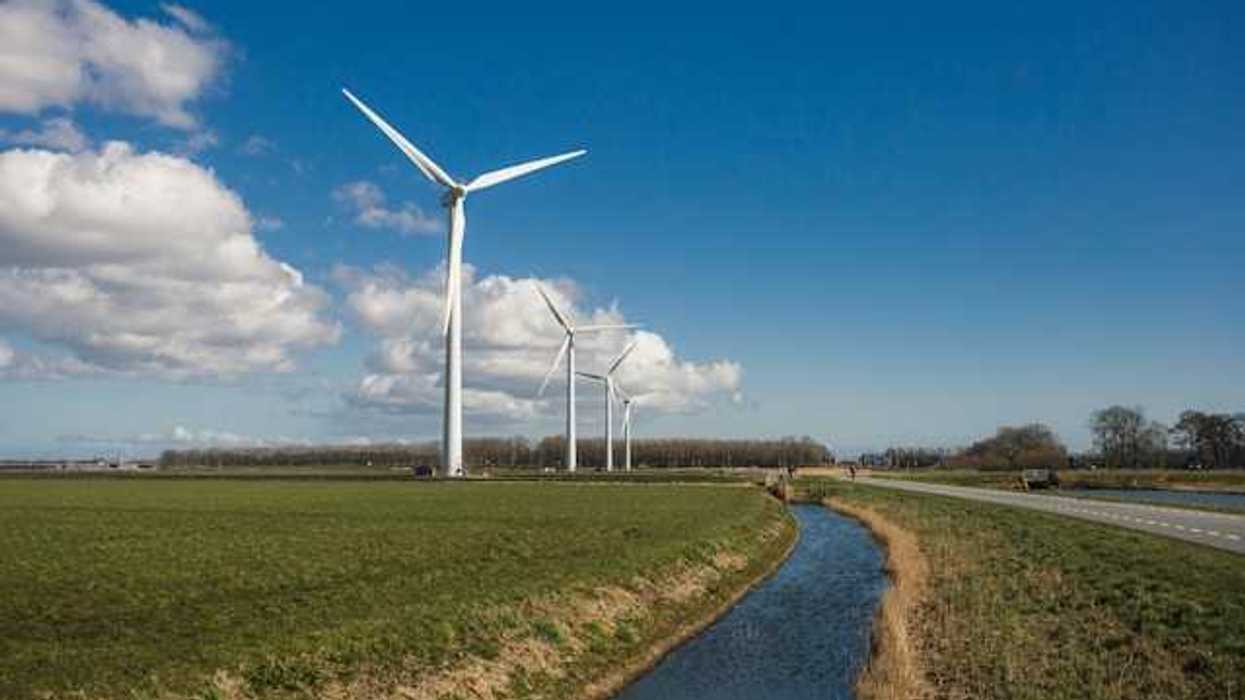The Antarctic Circumpolar Current, the world’s strongest ocean current, could slow by 20% by 2050 due to melting Antarctic ice, potentially worsening global climate disruptions.
Petra Stock reports for The Guardian.
In short:
- The Antarctic Circumpolar Current helps regulate global climate by distributing heat and carbon dioxide in the ocean, but melting ice is disrupting its flow.
- Researchers using climate models found that freshwater from Antarctic ice shelves is altering ocean density, slowing the current and accelerating warming.
- Scientists warn that this slowdown could trigger more extreme weather patterns, disrupt marine ecosystems, and further speed up Antarctic ice loss.
Key quote:
“The ocean is extremely complex and finely balanced. If this current ‘engine’ breaks down, there could be severe consequences, including more climate variability, with greater extremes in certain regions, and accelerated global warming due to a reduction in the ocean’s capacity to act as a carbon sink.”
— Bishakhdatta Gayen, associate professor at the University of Melbourne and co-author of the study
Why this matters:
Ocean currents are vital for regulating climate by moving heat and nutrients around the globe. The Antarctic Circumpolar Current plays a key role in keeping Antarctica’s ice sheets stable and absorbing excess heat from the atmosphere. If it slows, more warm water could reach the Antarctic shelf, melting ice even faster and raising sea levels. Disruptions to this current could also alter global weather patterns, making storms more intense and unpredictable. The changes could impact marine ecosystems, shifting fish populations and threatening food security for millions.
Read more: Polar ice melt may collapse key ocean current by 2050, scientists warn














